We were lucky to catch up with Rachel Weeks recently and have shared our conversation below.
Hi Rachel, we’re so appreciative of you taking the time to share your nuggets of wisdom with our community. One of the topics we think is most important for folks looking to level up their lives is building up their self-confidence and self-esteem. Can you share how you developed your confidence?
It’s particularly easy for creatives and business owners to get swept up in self-doubt and stuck in the trap of comparing themselves to their competitors. I think it’s because creativity and entrepreneurship both require quick and constant decision-making. So compared to someone who – let’s say – has a manager spelling out their next steps for them daily or quarterly, the entrepreneur has so much more surface area to second-guess themselves. Should I use this tagline or this one? How much seed funding do I need to raise? Sole proprietorship or S-Corp? Should I bring on a business partner or shoulder it all solo? And what email sign-off should I pick?!
Dealing with wavering self-esteem and self-trust is a universal experience for entrepreneurs, which is a comfort in itself. Keeping that truth top of mind has definitely helped ground me in moments when it seems like everyone else has it all figured out while I’m totally floundering. The good and simple truth? We’re all floundering! We might struggle at different times and in different ways, but no business owner is immune to the experience. The more I’ve really leaned into accepting this truth, the more stable my confidence levels have become.
Appreciate the insights and wisdom. Before we dig deeper and ask you about the skills that matter and more, maybe you can tell our readers about yourself?
I’m a conversion copywriter for modern product-based brands and creative service-providers across lots of different fields (photographers, designers, event planners, influencers, you name it). By “conversion,” I mean that it’s my job to convert my clients’ audience into paying customers. In practice, this means that I come up with engaging taglines, fun-to-read websites, persuasive and personality-packed sales copy for product launches, email campaigns, and all that jazz.
So many of us (myself included!) feel like we’re constantly being marketed at from all sides, which is exhausting. Likewise, it’s exhausting for brands to keep putting themselves out there in front of their target audience to no avail. That’s where the magic of conversion copywriting comes in. (Cue: sun shining through the clouds.) My job as a copywriter is to help my clients get even clearer on who their dream customer is, including what problems this person actually faces, what roadblocks stand in the way of them and my client, what would motivate them to work with my client, and so on. And then I frame my client’s solution (aka, the product or service they offer) around all of that valuable customer psychology. This approach helps potential customers feel heard and empathized with – not just marketed at. And it also helps my clients reconnect with the “why” behind what they do and remember that business is all about compassionately solving problems for customers, not just filling up the piggy bank.
I currently offer three tiers of copywriting services: 1) a new, mini version of brand messaging, 2) full brand messaging with a professional SEO audit, 3) and the whole enchilada, which is all of that plus full website copy and SEO strategy, wherein I remedy all the SEO errors and areas of opportunity that came up during the audit.
If you had to pick three qualities that are most important to develop, which three would you say matter most?
Tenacity, risk tolerance, and unconventionality have been huge for me in small-business ownership but also in life more holistically.
I’ve been reading a book called “Do Hard Things” by Steve Magness, and he brings up a lot of scientific studies of toughness. By his definition, tough people are the ones who can calmly and effectively navigate difficult circumstances. And one of the most critical skills that these people have is the ability to realistically assess the situation and their own capacity. In the studies he references, the people who had a false, inflated confidence in their own abilities actually cracked pretty quickly under pressure once things started getting hard. But the people who were able to be super honest with themselves and say, “I know XYZ will be challenging for me, and that’s daunting. But I also know I have these certain skills and these relevant past experiences that will help me face that challenge.” In other words, “fake it till you make it” works until it doesn’t. Real tenacity is born out of experience, honing your skillset, and balancing healthy optimism with realism.
And similarly, healthy risk tolerance takes realism. Because an overabundance of risk tolerance is just like the above example of an inflated self-belief: it sounds really cool and compelling to be that person at first, but you’re likely setting yourself up for failure. I think developing tenacity and healthy risk tolerance means practicing being an observer in your own life. Practice giving yourself credit where it’s due for all the amazing skills you have, while also being totally honest and compassionate with yourself about your weaknesses and when situations feel out of your depth.
In yoga, teachers often talk about “finding your edge,” which refers to stretching into a yoga pose just enough so that it’s challenging and engages the muscles but isn’t hurting you. Finding your edge in yoga takes a practiced awareness of your body’s limits – and the same is true for tenacity and risk tolerance in business. It takes nonjudgemental awareness to know where your edge is and stretch yourself to that point but not to the point of self-destruction.
As for unconventionality, I’ve found that the more I embrace my own quirks and preferences as far as how I want my business to look, feel, and function, the happier I’ve become. For me, that’s meant embracing some unconventional business practices, like having beach walk meetings with clients local to San Diego instead of always defaulting to Zoom. To lean into unconventionality a little more, consider what things you already find fun and experiment with infusing those into your work even if it’s not the norm.
Tell us what your ideal client would be like?
I love working with clients who see their business as a big part of their life but not full the extent of their life. Personally, I’m not the workaholic type – my biggest motivators in life are fun and ease, not achievement. (And realistically, sitting at the computer isn’t always as fun and easeful as sipping seltzer water by the beach, you know?) So I love working with clients who likewise want to build a satisfying, sustainable business that enriches their life but doesn’t consume it. They’ve built this business because they’re passionate about solving a problem – but they’re passionate about a handful of other things, too. Because my writing style as a copywriter is a little bit cheeky, I also enjoy working with clients who are excited about taking a playful, witty approach to their copy even if it’s not the norm in their industry. Being open to creative experimentation is where major marketing magic happens.
Contact Info:
- Website: www.thescout.house
- Instagram: @scouthouse
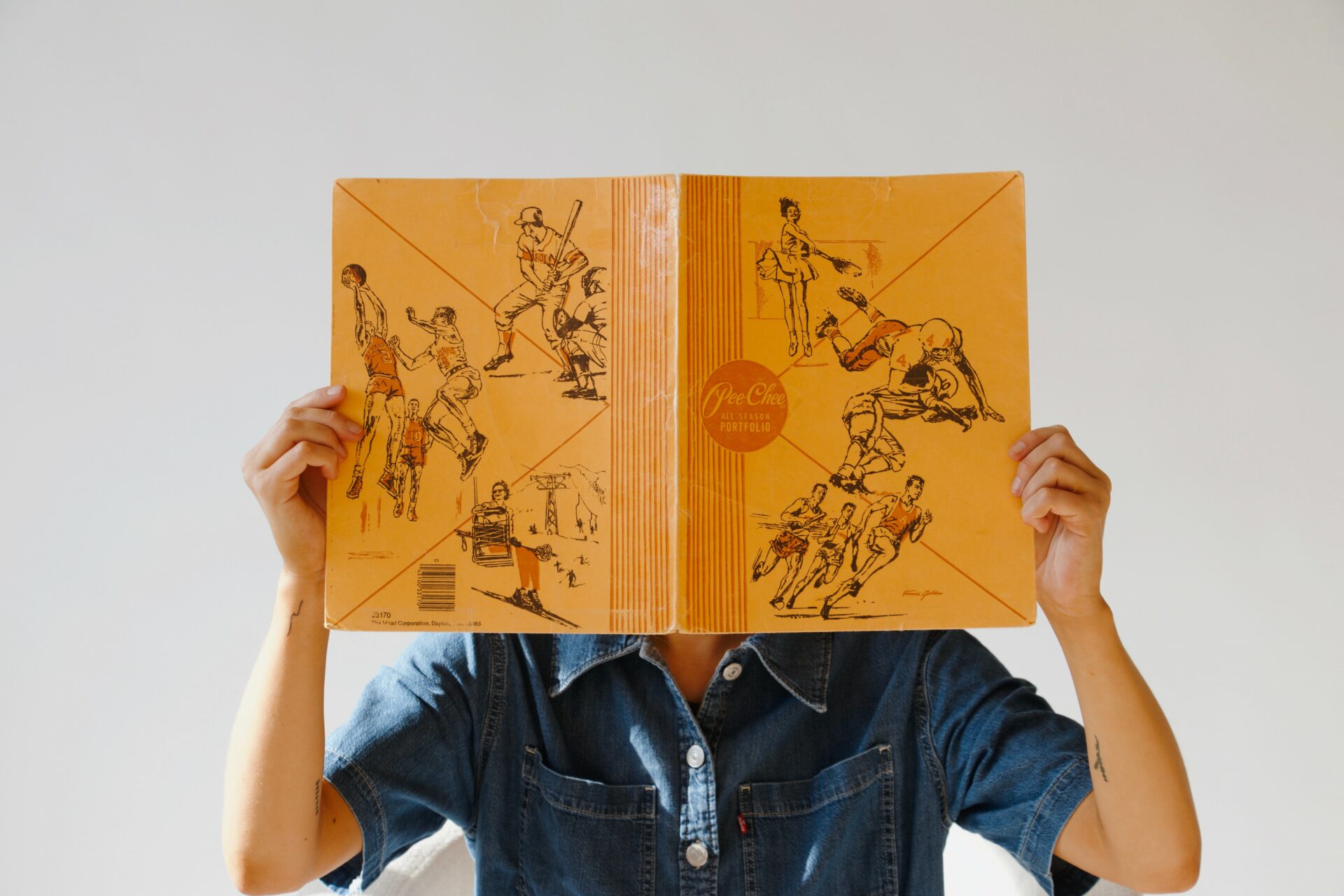
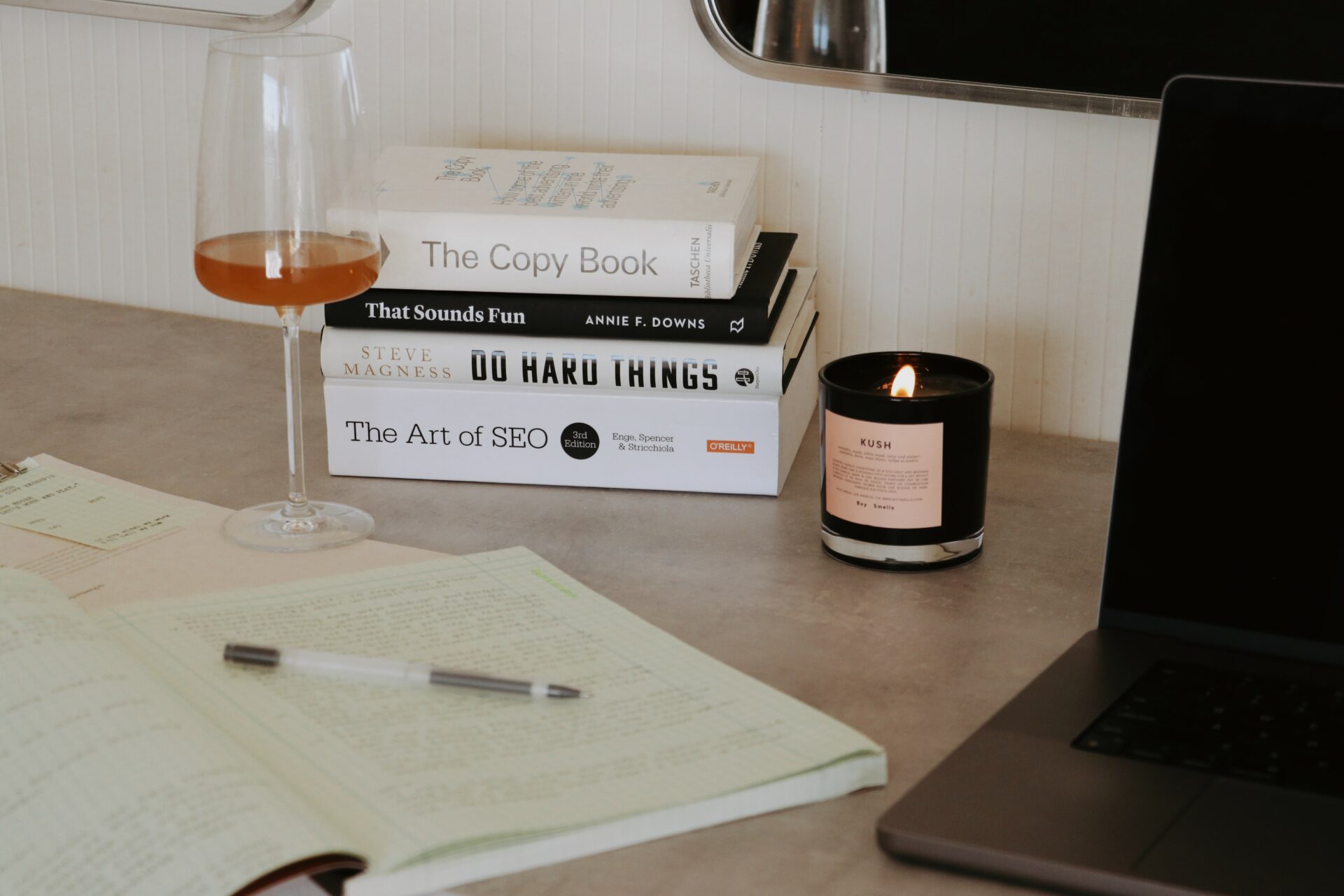
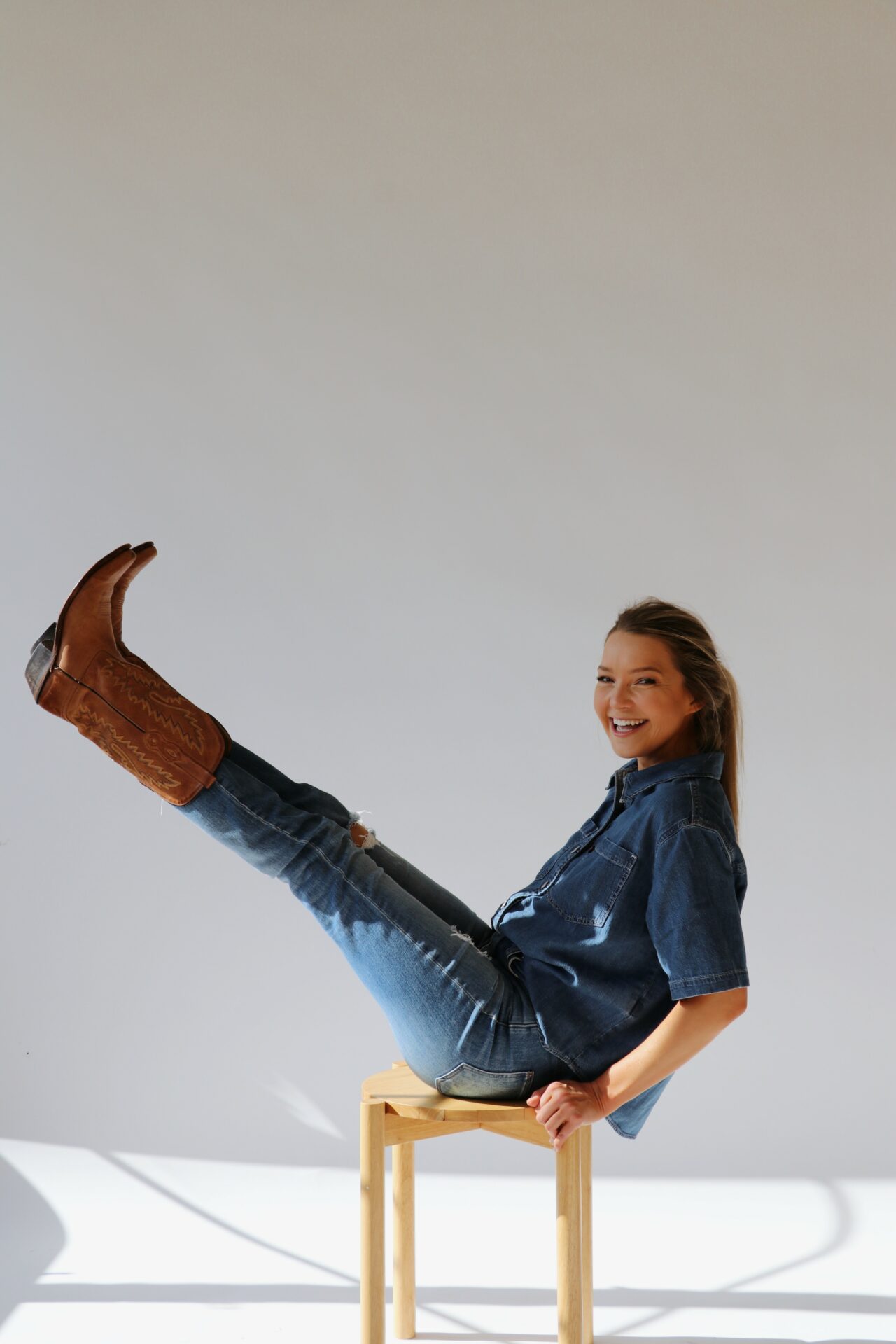
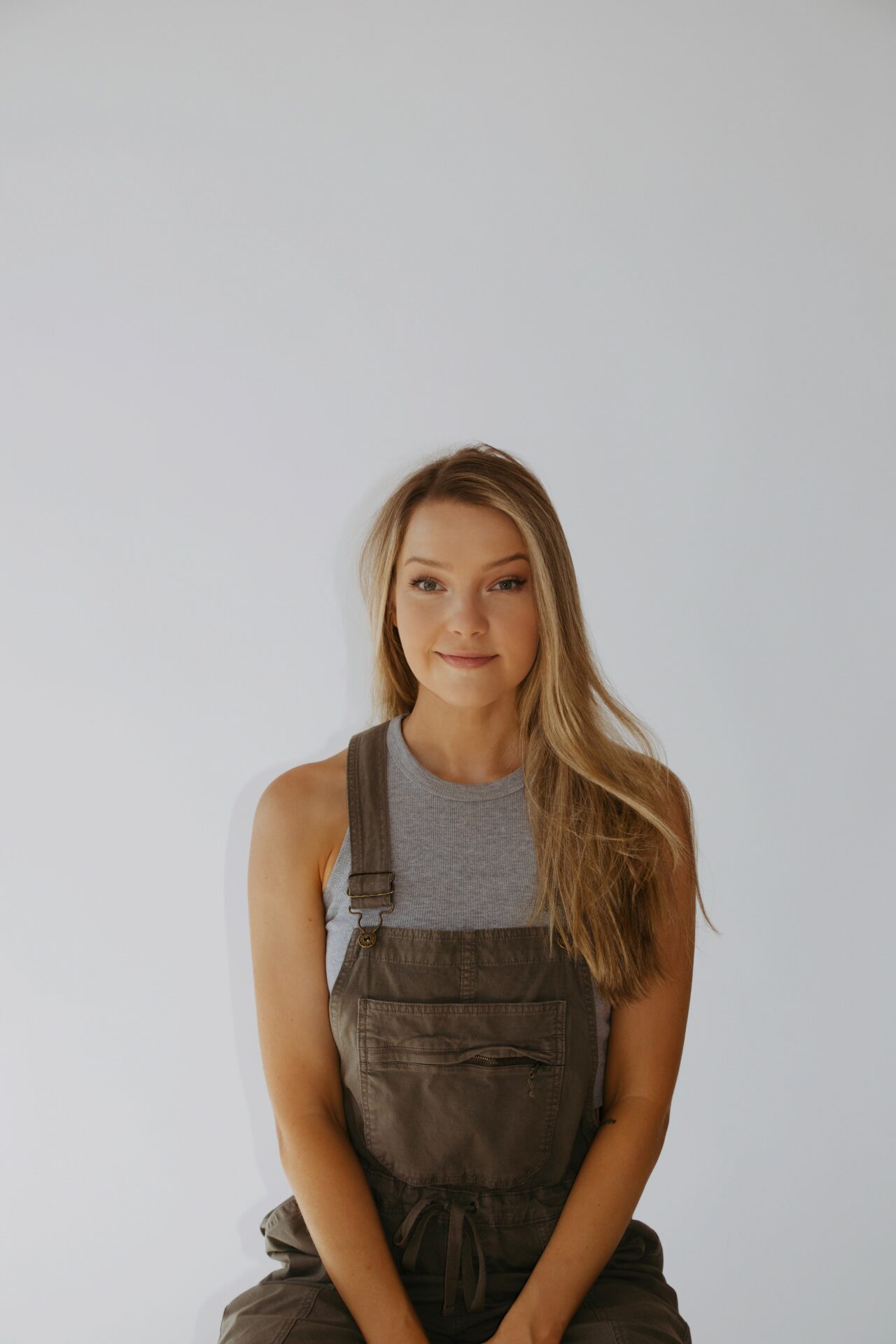
Image Credits
Kaeli Hearn




